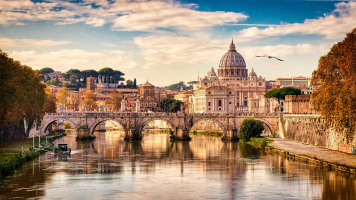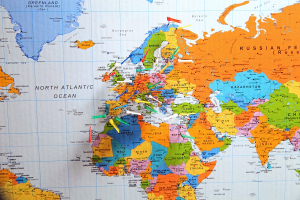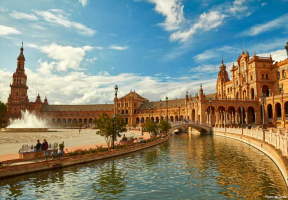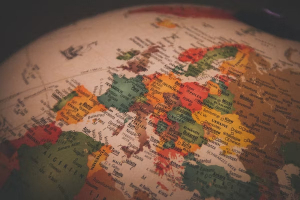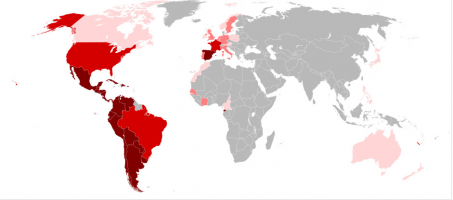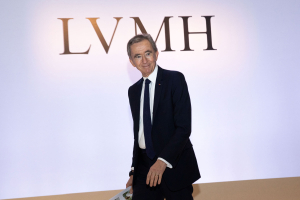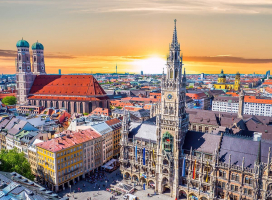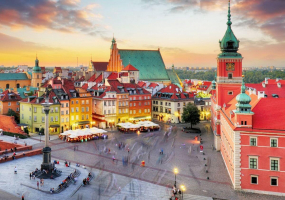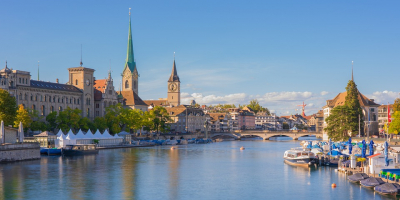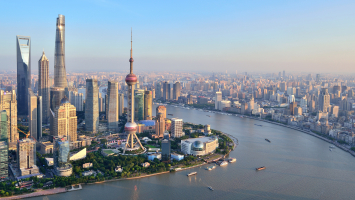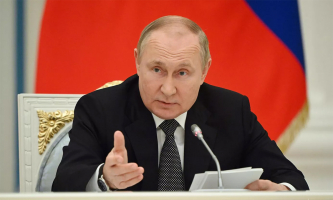Top 10 Richest Countries in Europe
Europe is well-known for its illustrious past, diverse culture, and booming economies. The region is home to some of the world's wealthiest nations. They have ... read more...high living standards, low unemployment rates, and excellent healthcare systems. In this article, we'll look at top 10 richest countries in Europe. The classification order is based on GDP in 2023.
-
Luxembourg is a small country in Western Europe that is landlocked. Belgium borders it to the west and north, Germany to the east, and France to the south. It has the distinction of being one of the world's wealthiest countries. It is well-known for its high standard of living, low unemployment rate, and stable economy. The country's GDP per capita (PPP) is among Europe's highest and the world's most extraordinary.
This wealth is determined by numerous things, including Luxembourg's geographical location at the crossroads of Germany, France, Belgium, and the Netherlands, providing a competitive advantage in international trade. Its location also makes it an excellent hub for the transportation and logistics industries. Furthermore, Luxembourg's open policies toward foreign investment have allowed the country to become a financial hub, with several multinational banks operating there.
The political stability of Luxembourg has also allowed it to encourage economic progress over time. It has a long history of peaceful cohabitation among its population, dependable infrastructure, and a well-established legal system that facilitates commercial activities. Furthermore, its efficient taxation system attracts firms while giving financial incentives that aid employment development and encourage entrepreneurs to operate within its borders.
GDP: $128,820 (IMF, 2023)
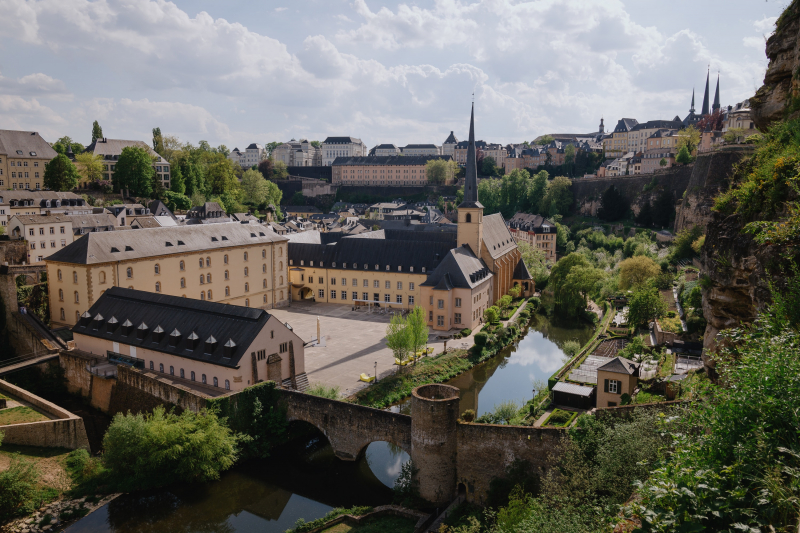
Photo: unsplash 
Photo: unsplash -
Ireland is an island country on Europe's westernmost tip. It is the continent's second-largest island (behind the United Kingdom). The Republic of Ireland controls 80 percent of this territory. The country has a strong cultural and traditional legacy initially related to the Gaelic language and is known for its plethora of folklore.
The Irish economy has grown steadily in recent years because of its favorable taxation policy for firms and investors. This accessibility has attracted global corporations looking for new chances, resulting in more job prospects. Furthermore, Ireland benefits from EU membership and access to European markets. This access provides it with money contributing to its economic development and other perks such as visa-free travel within European blocs.
Ireland's population is hardworking and dedicated, working tirelessly to keep the economy functioning. This, paired with a stable administration and international investment, has allowed the country to develop. The Irish people's devotion has also affected the country's continued economic development. They have created a distinct culture centered on creativity and innovation due to their drive and ambition. These beliefs have enabled them to establish several successful enterprises and organizations dedicated to improving education and healthcare in their country.
GDP: $107,000 (IMF, 2023)
Photo: unsplash 
Photo: unsplash -
Switzerland's GDP per capita is $94,830 (IMF, 2023). It is one of the richest countries in Europe, with one of the highest per capita incomes in the world. The government is well-known for its banking and tourist industries and precise manufacturing. Switzerland is also noted for its good living standards. It has an excellent healthcare system and a high-quality education system. This is primarily owing to the country's progressive economic policies, solid financial infrastructure, and highly qualified workforce. In banking, manufacturing, and other businesses, the government has welcomed technological innovations, helping it to remain competitive in an ever-changing global market.
Switzerland also boasts low levels of inequality between rich and poor, which contributes to a prosperous atmosphere. Its tax structure encourages national savings by levying low-income taxes, and business profits and capital gains are virtually entirely tax-free. Furthermore, the government spends extensively on research, development, and infrastructure, creating the conditions for enterprises to expand and thrive.
Furthermore, Switzerland's peace and political stability are critical to the country's overall economic success. They have retained a neutral stance both militarily and diplomatically while actively engaging with other countries on financial topics during centuries of neutrality. This diplomacy provides them access to valuable overseas markets without jeopardizing their security or autonomy.
GDP: $94,830 (IMF, 2023)
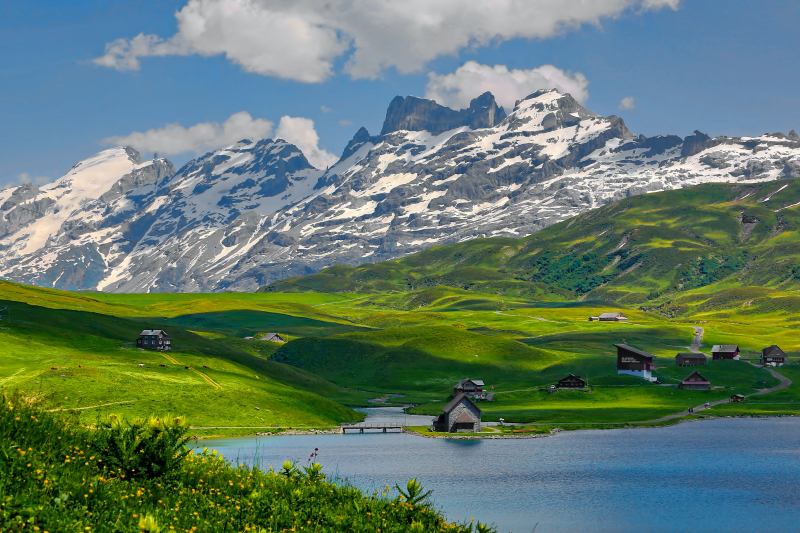
Photo: unsplash 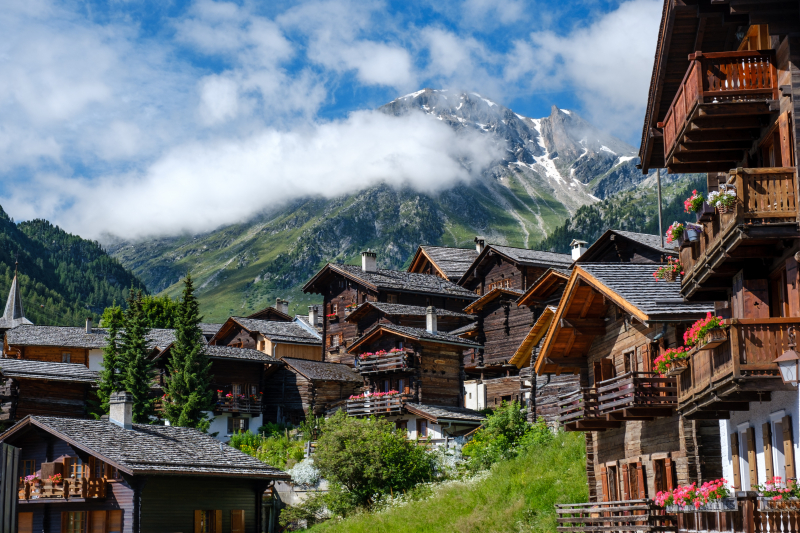
Photo: unsplash -
Norway has a well-developed mixed economy with strategic state ownership. Norway's economy has overgrown since the beginning of the industrial era. Norway is economy strongly relies on natural resources, mainly oil, and gas.
Several factors contribute to its success. Norway's natural resources, which include large oil reserves, hydropower, and minerals, have been critical to the country's economic progress. The petroleum industry accounts for around 14% of GDP, 45% of total exports, and 33% of state revenue. Hydropower, fish, wood, and minerals are also key industries.
Furthermore, the Norwegian government has prioritized investment in education, innovation, and research, allowing it to reap considerable returns. Moreover, Norway is a global leader in openness and corporate governance norms, which helps attract foreign money and fosters company growth. Finally, Norway has a well-educated and skilled labor force, making it easier for firms to recruit workers who meet their requirements.
Norway is routinely regarded as one of the best places to live globally. According to the 2021 World Happiness Report, Norway is the fifth happiest country. According to the Legatum Prosperity Index, it is also the fourth most prosperous country in the world. Norway has a high level of life, excellent healthcare and education institutions, and a robust social assistance system.
GDP: $88,750 (IMF, 2023)

Photo: unsplash 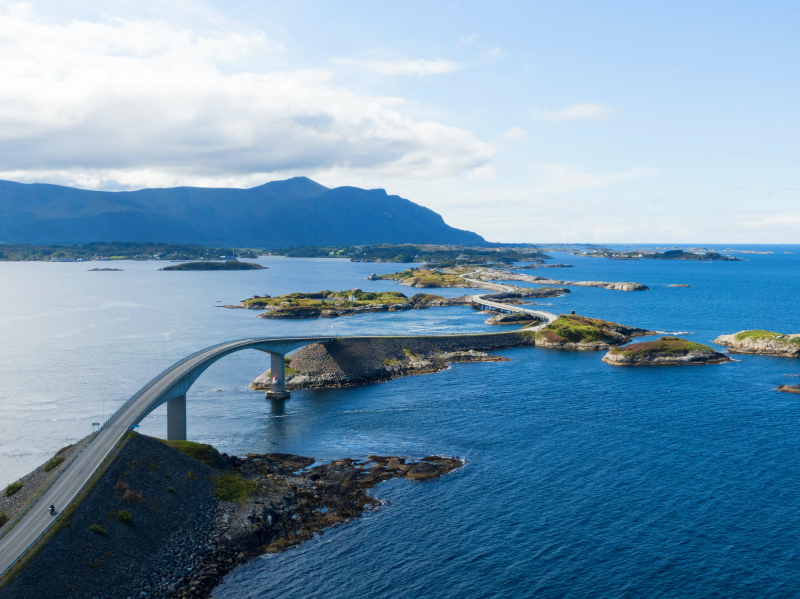
Photo: unsplash -
Due to its economic success, Iceland is not only one of the richest countries in Europe, but it is also one of the world's wealthiest countries. With a population of only roughly 380,000 people, Iceland currently has a greater yearly GDP per capita than many of its European peers.
Three primary elements contribute to this wealth: a high savings rate, strong banking rules, and a thriving fishing industry. The country's residents have a high national savings rate, one of the greatest in the world. This allows Icelanders to invest more in the economy and reap more significant dividends in the long run.
Furthermore, Iceland has developed prudent banking regulations, allowing it to capitalize on chances for growth overseas while avoiding financial calamity at home. Finally, Iceland relies on its fishing sector for food security and economic structure. The industry employs around 3.9% of Iceland's population and accounts for 43% of total export revenues. It protects against external shocks such as currency exchange rate variations or foreign market swings. Iceland has stayed economically secure despite other countries experiencing upheaval or recession by retaining a significant concentration on the fishing industry.
GDP: $77,960 (IMF, 2023)
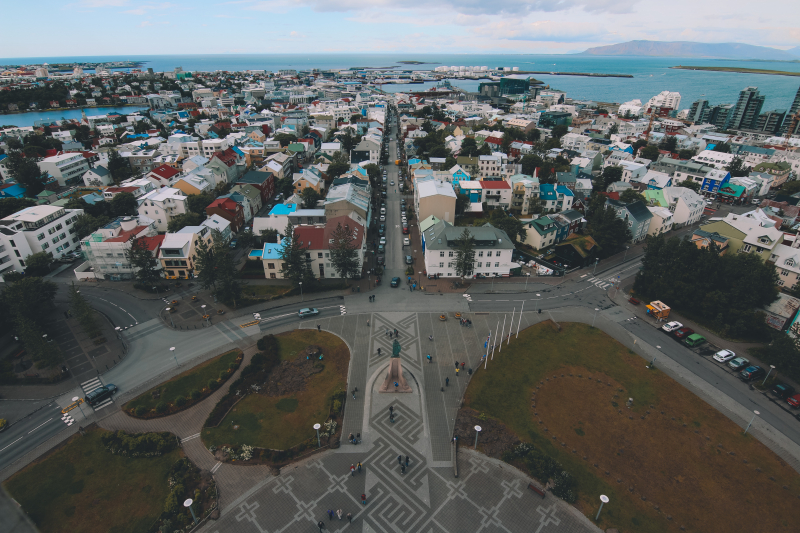
Photo: unsplash 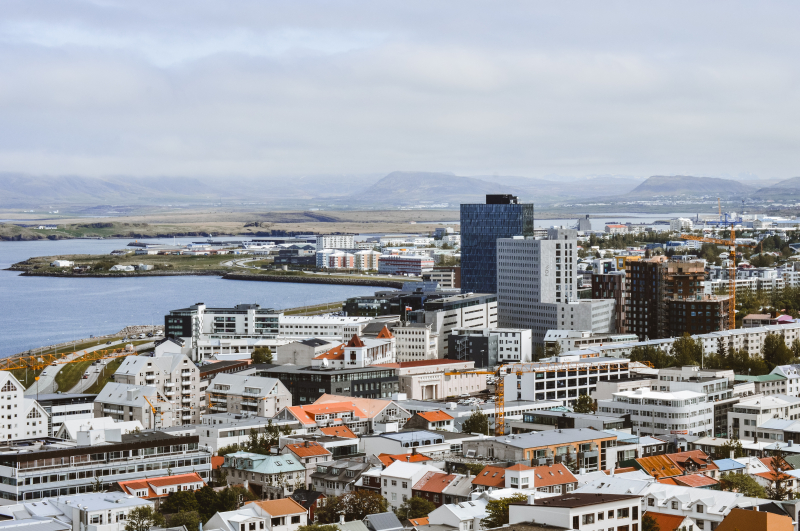
Photo: unsplash -
According to the World Bank, Denmark has a high-income mixed economy and it is the sixth-wealthiest country in Europe in 2023. Denmark's exceptional economic success has increased its wealth. A low unemployment rate, a sound financial system, and significant expansion in manufacturing industries have aided Denmark's success.
Furthermore, the Danish government has enacted regulations encouraging innovation and competitiveness, resulting in a healthy corporate climate. Furthermore, a significant proportion of the population is highly educated, which aids in developing innovative products and services.
Moreover, Denmark has a comprehensive welfare system backed by high taxation rates, guaranteeing citizens have the resources they need to live well. Finally, Denmark benefits from membership in the European Union (EU), which gives it access to global markets and lowers trade obstacles.
When international surveys ask citizens worldwide how pleased they are with their everyday lives and personal circumstances, Denmark ranks among the top three happiest countries in the world. Happiness is directly related to social equality and communal spirit, which Denmark excels in. Denmark has high equality and a strong feeling of shared social responsibility.
GDP: $66,390 (IMF, 2023)

Photo: unsplash 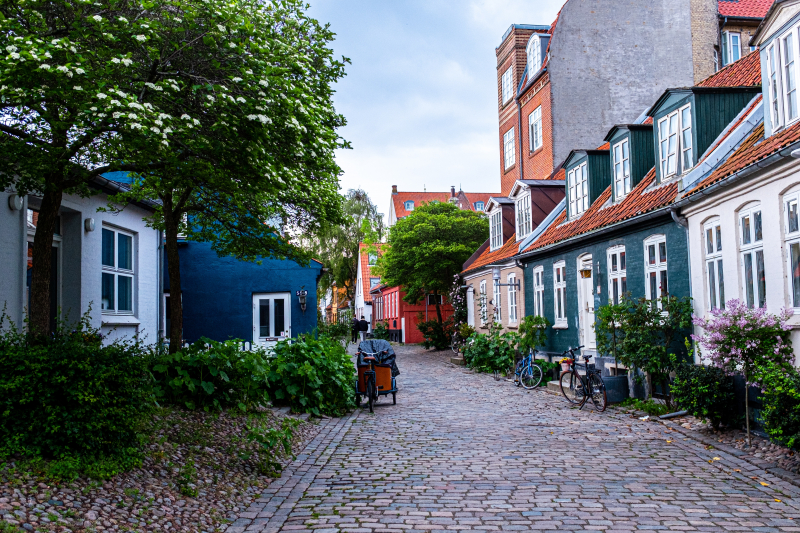
Photo: unsplash -
Sweden only began to gain wealth after industrializing in the mid-nineteenth century. Before then, it was experiencing relatively modest growth, which led over one million Swedes to travel to North America before the turn of the century.
There are many reasons why Sweden has become rich so fast. This country has always supported free trade as a means of strengthening commercial connections with other European countries. Furthermore, Sweden has a well-educated workforce capable of adjusting to technological developments and modernizing the labor sector.
Moreover, the Swedish government understands how to utilize the country's substantial natural resources best. This strategy has enabled investment in infrastructure and public services, resulting in an excellent quality of life for inhabitants. In addition, Sweden's cautious fiscal measures have boosted growth while keeping costs low. As a result, firms benefit from cheap taxes and strong incentives to engage in R&D.
These elements result in a rich country that remains an appealing destination for enterprises wishing to develop or invest in Europe. The Swedish government is firmly committed to an ethical foundation, reflected in its laws and regulations, creating a safe climate where honest firms can prosper.
GDP: $60,470 (IMF, 2023)
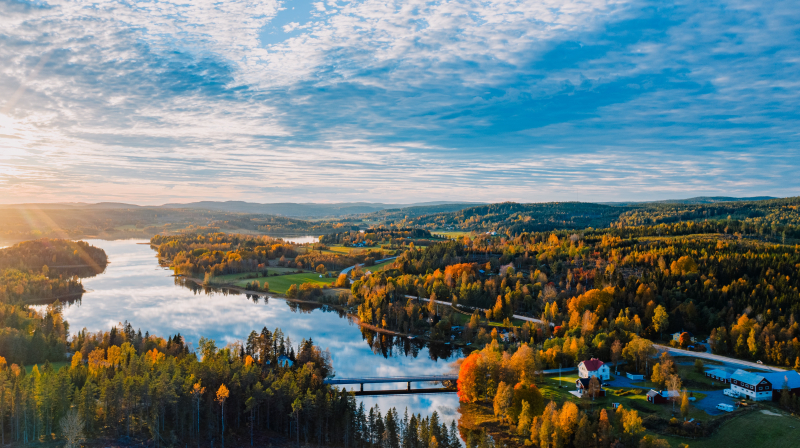
Photo: unsplash 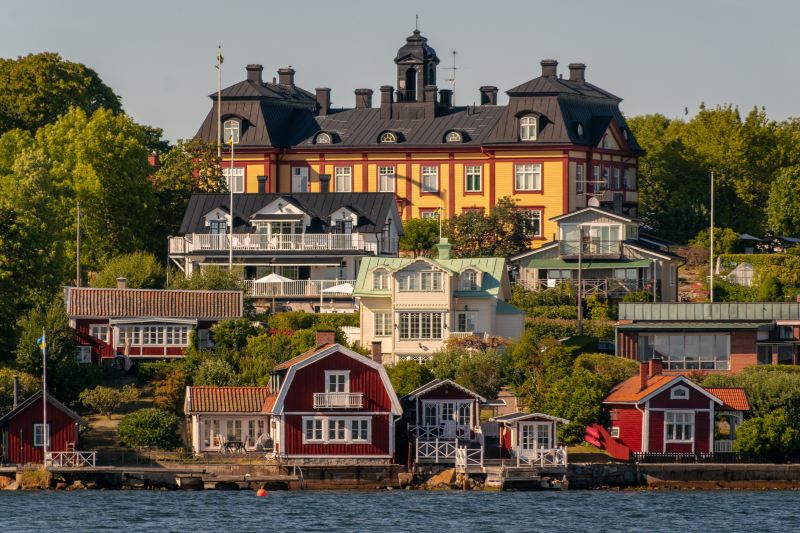
Photo: unsplash -
The Netherlands is a small country with an exciting and rich history. The Netherlands has grown into a wealthy and prosperous country over the years.
Its success depends on several elements, including fiscal prudence, a vital infrastructure, a well-educated workforce, and access to global markets. The Netherlands benefits from international trade as an open economy, as seen by its enormous seaport in Rotterdam. It has a diverse industrial output and a well-developed services sector, which helps to support domestic demand. This industry is greatly supported by an efficient transportation system connecting the country to other countries.
The Netherlands also has a good quality of life because of its comprehensive social welfare system, which ensures all residents have affordable access to government-funded health care and education programs.
Furthermore, the country has a technologically advanced agriculture industry provides high-quality and abundant food. The Netherlands' humid climate and fertile flat soil make it ideal for agriculture. Dutch farmers have been doing it for generations and have gotten rather adept at it.
GDP: $57,630 (IMF, 2023)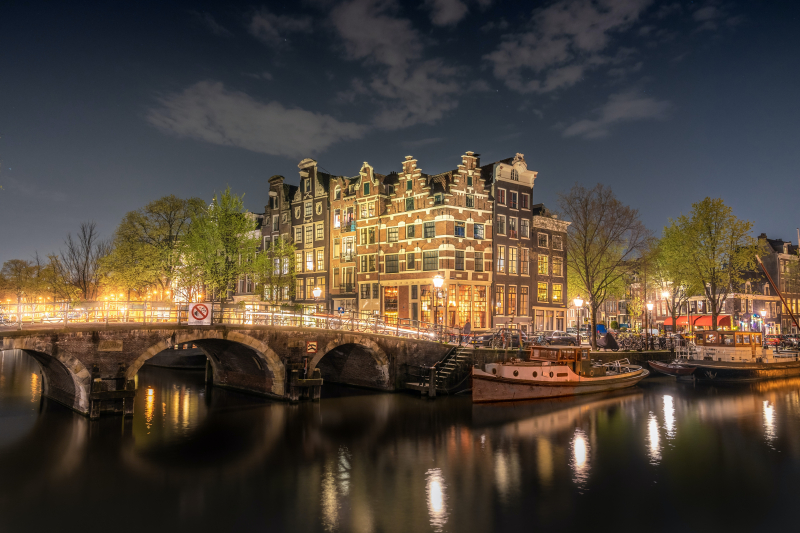
Photo: unsplash 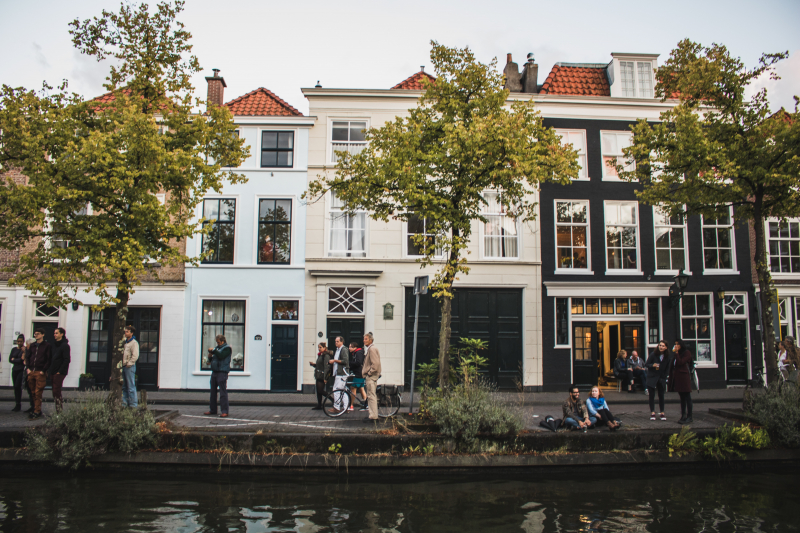
Photo: unsplash -
Austria's economic prosperity is built on its abundant natural resources, strategic location, and well-developed infrastructure. A highly skilled labor force and low unemployment rates are other advantages for the country. Furthermore, Austria has carefully managed its finances to maintain economic strength in the face of global turbulence.
Austria's government is fiscally responsible since it keeps a balanced budget and manages public debt. In addition, the country has effectively diversified its economy to become one of Europe's most competitive nations. This diversification has allowed Austria to stay resilient despite volatile macroeconomic conditions.
Moreover, Austria is an appealing destination for foreign direct investments due to its business-friendly environment and well-connected export markets. In addition, the Austrian government encourages entrepreneurship and growth-oriented firms with tax breaks, research grants, and other programs at all levels.
GDP: $52,320 (IMF, 2023)

Photo: unsplash 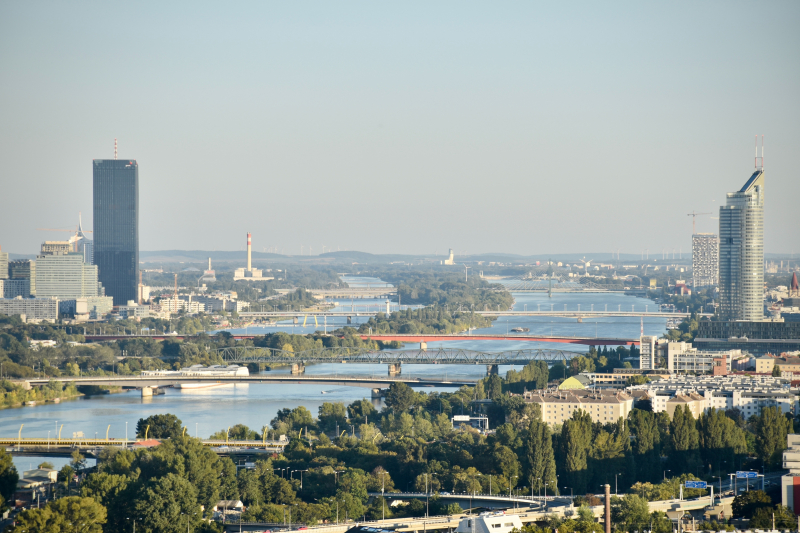
Photo: unsplash -
Finland has several advantages that have enabled it to prosper, ranging from its robust economy to innovative public policies. Finland's economy is driven by exports, which has allowed it to diversify and remain globally competitive. The country takes pride in creating high-quality goods and services while maintaining minimal corruption in its corporate sector.
Furthermore, Finland has made significant investments in education and research, allowing it to keep abreast of technological innovations. This well-trained workforce also adds to the economic dynamism of Finland.
The Finnish government is also crucial in fostering economic development. It establishes sound economic policies encouraging stability and progress while stimulating growth through infrastructure investment and entrepreneurship. In addition, taxes are progressive, allowing individual residents to contribute somewhat to the country's welfare without impeding their ability to save or invest money for the future.
Finally, Finland is a very appealing place for foreign investment because of its stable political environment and outstanding reputation as a safe location with some of Europe's highest quality standards. This usefulness adds to Finland's wealth by expanding opportunities for individuals and enterprises.
GPD: $51,180 (IMF, 2023)
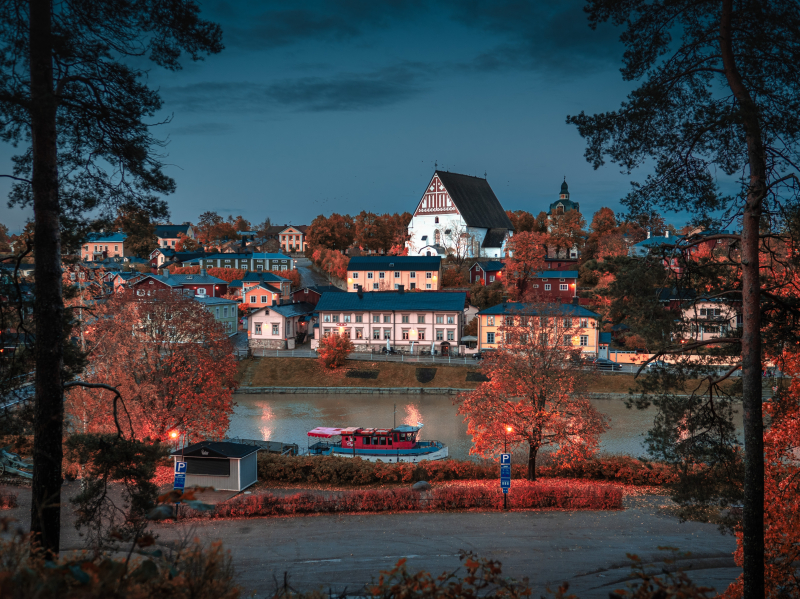
Photo: unsplash 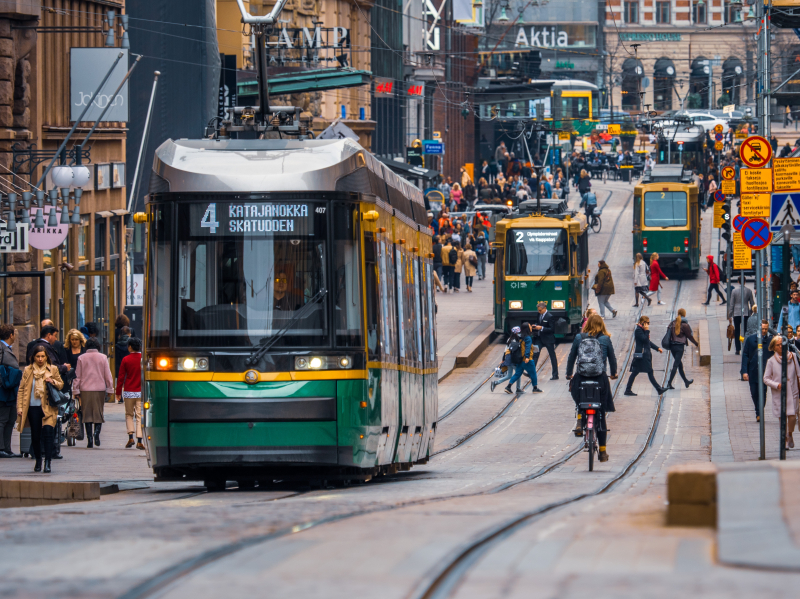
Photo: unsplash












